Laxative Medication List | Uses, Types & Side Effects
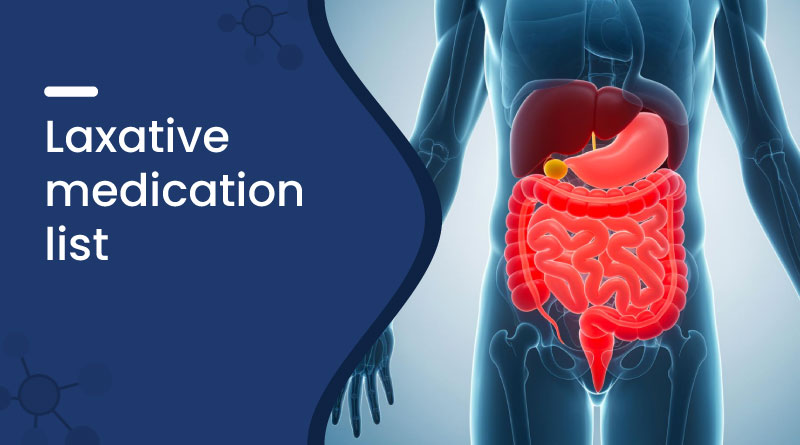

Constipation is a common digestive issue that affects people of all ages. Laxative medicines are often used to relieve constipation and promote smooth bowel movements. They work in different ways, from softening stool to stimulating bowel activity. In this blog, we will discuss the uses, common types of laxative medications, who should take them, possible side effects, and the importance of medical guidance before use.
What Are Laxative Medicines?
Laxatives are medications that help ease bowel movements by loosening stool or stimulating the intestines. They are generally used for short-term relief of constipation, bowel preparation before medical procedures, or in certain medical conditions where regular bowel movement is necessary.
Uses of Laxative Medicines
- Relief from occasional constipation
- Preparation before colonoscopy or surgery
- Management of certain digestive conditions
- Assisting patients with limited mobility in maintaining bowel health
Common Laxative Medications
Lactulose: Lactulose is a synthetic sugar that works as an osmotic laxative. It draws water into the colon and is fermented by gut bacteria, contributing to its laxative effect. Used for chronic constipation and to reduce blood ammonia levels in certain conditions.
Bisacodyl: Bisacodyl is a stimulant laxative that directly irritates nerves in the intestinal lining, causing muscles to contract and push stool. It is fast-acting and used for short-term relief or before medical procedures.
Polyethylene Glycol (PEG): A common osmotic laxative, PEG draws and holds water in the colon to soften stool. It is well-tolerated and often recommended for chronic constipation.
Magnesium salts: Various magnesium forms, including Magnesium hydroxide, Magnesium citrate, and Magnesium sulfate, act as osmotic laxatives. They draw water into the intestines, soften stool, and stimulate bowel movement. Magnesium citrate works fast and is often used for bowel cleansing before procedures.
Isabgol: Also known as psyllium husk, it is a natural fiber that absorbs water to form a gel, adding bulk to stool and promoting bowel movements. It helps with both constipation and diarrhea and can improve cholesterol and blood sugar levels.
Laxative Medicines Table
| Medicine | Benefits |
|---|---|
| Lactulose | Treats constipation by drawing water into the colon. |
| Bisacodyl | Provides fast, short-term relief by stimulating bowel muscles. |
| Magnesium hydroxide | Relieves constipation by drawing water into the bowel. |
| Isabgol | Gently relieves constipation by adding bulk to stool and improving bowel function. |
Who Should Take Laxatives?
- Occasional constipation due to diet, travel, or stress
- Elderly patients with slow bowel function
- Patients preparing for a colonoscopy or surgery
- Individuals with certain medical conditions under a doctor’s supervision
Note: Laxatives are not recommended for long-term or routine use without medical advice.
Possible Side Effects of Laxative Medicines
- Abdominal cramps and bloating
- Diarrhea and dehydration (Read more)
- Electrolyte imbalance
- Dependency for bowel movements
- Irritation of the digestive tract
Medical Advice on Laxatives
Laxatives should always be taken as recommended by a healthcare provider. Prolonged or unsupervised use may cause harm. A high-fiber diet, adequate hydration, and regular exercise are natural ways to support bowel health alongside medication when necessary. Read more: Medicine For Constipation In India.
Conclusion
Laxative medications provide effective relief from constipation and support bowel health when used properly. However, they should never replace healthy lifestyle practices. Consulting a doctor before choosing the right type of laxative ensures safe and effective results.
Frequently Asked Questions (FAQs)
Q: What are the most common laxative medications?
A: The most common laxatives include psyllium husk, docusate sodium, senna, bisacodyl, lactulose, polyethylene glycol (PEG), magnesium hydroxide, and magnesium citrate. These medicines help relieve constipation by softening stool, increasing bulk, or stimulating bowel movements. Always use as directed by a healthcare professional.
Q: Which laxatives work the fastest?
A: Stimulant laxatives like senna and bisacodyl usually work within 6–12 hours. Saline laxatives, such as magnesium citrate, can act even sooner. They’re best for short-term relief but should not be used regularly without medical guidance to avoid dependency or side effects.
Q: What is the safest laxative for daily use?
A: Bulk-forming laxatives like psyllium husk and methylcellulose are considered safest for daily use. They mimic natural fiber, soften stool, and support regular bowel movements. Use with plenty of water and only under a doctor’s advice for long-term use.
Q: Can I take laxatives every day?
A: Laxatives are generally for short-term relief. Daily use without medical advice can cause dependency, dehydration, or electrolyte imbalance. Consult a doctor if frequent use is needed.
Q: What laxatives are good for elderly patients?
A: Stool softeners like docusate sodium or bulk-forming laxatives such as psyllium are gentle and effective. Osmotic laxatives like lactulose may also be prescribed. Always consult a healthcare provider.
Q: What are the side effects of taking laxatives?
A: Possible side effects include stomach cramps, diarrhea, dehydration, bloating, and electrolyte imbalance. Overuse can cause dependency. Use in moderation and as needed.
Q: Who should not take laxative medications?
A: People with intestinal blockages, unexplained abdominal pain, severe dehydration, certain heart or kidney issues, or pregnant/breastfeeding women should consult a doctor first. Always check with a healthcare provider for chronic health issues.
Recent Blogs
Disclaimer : Zeelab Pharmacy provides health information for knowledge only. Do not self-medicate. Always consult a qualified doctor before starting, stopping, or changing any medicine or treatment.

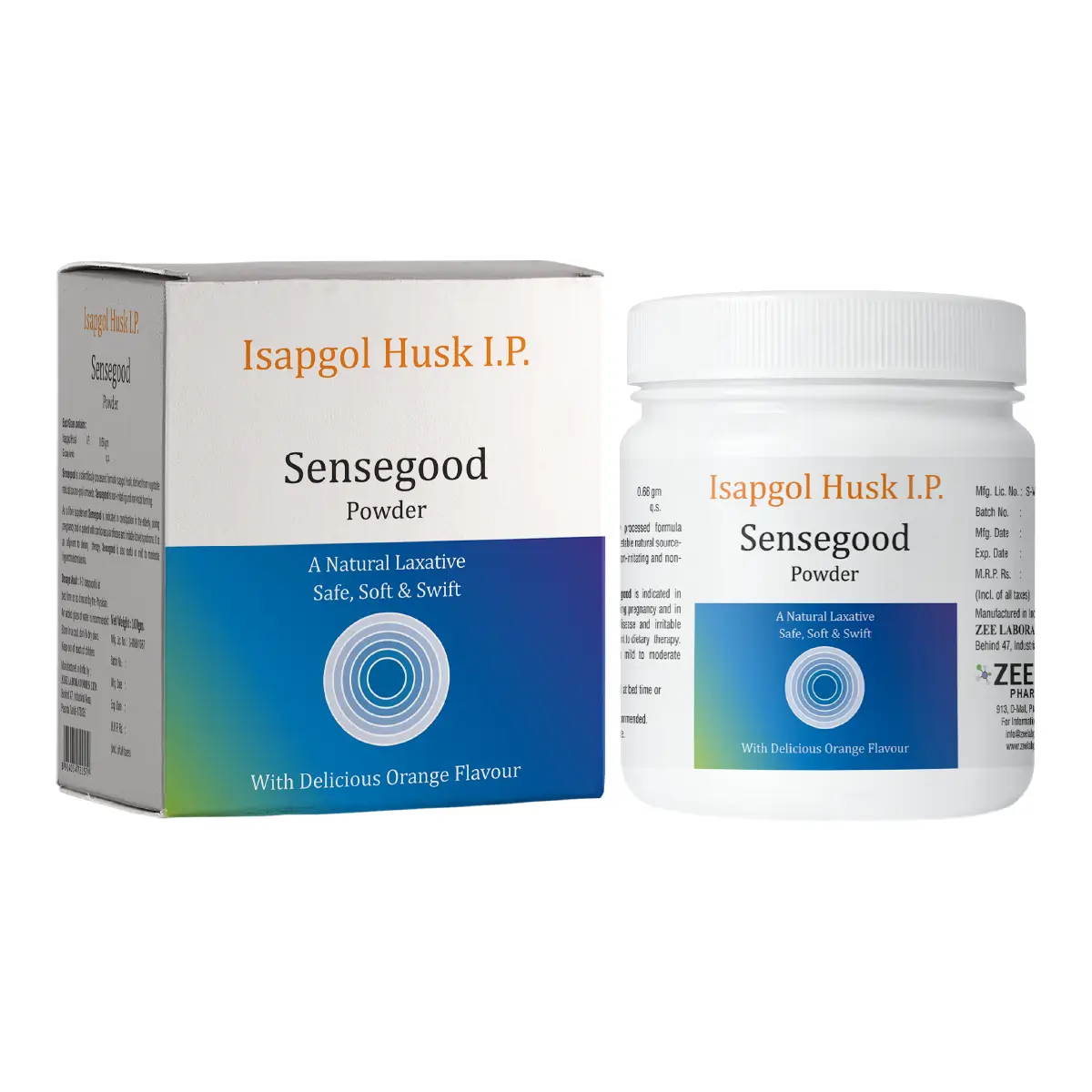
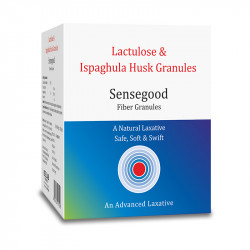
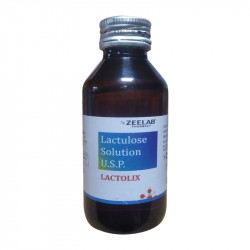
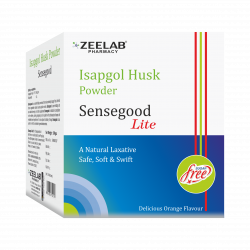
















 Added!
Added!